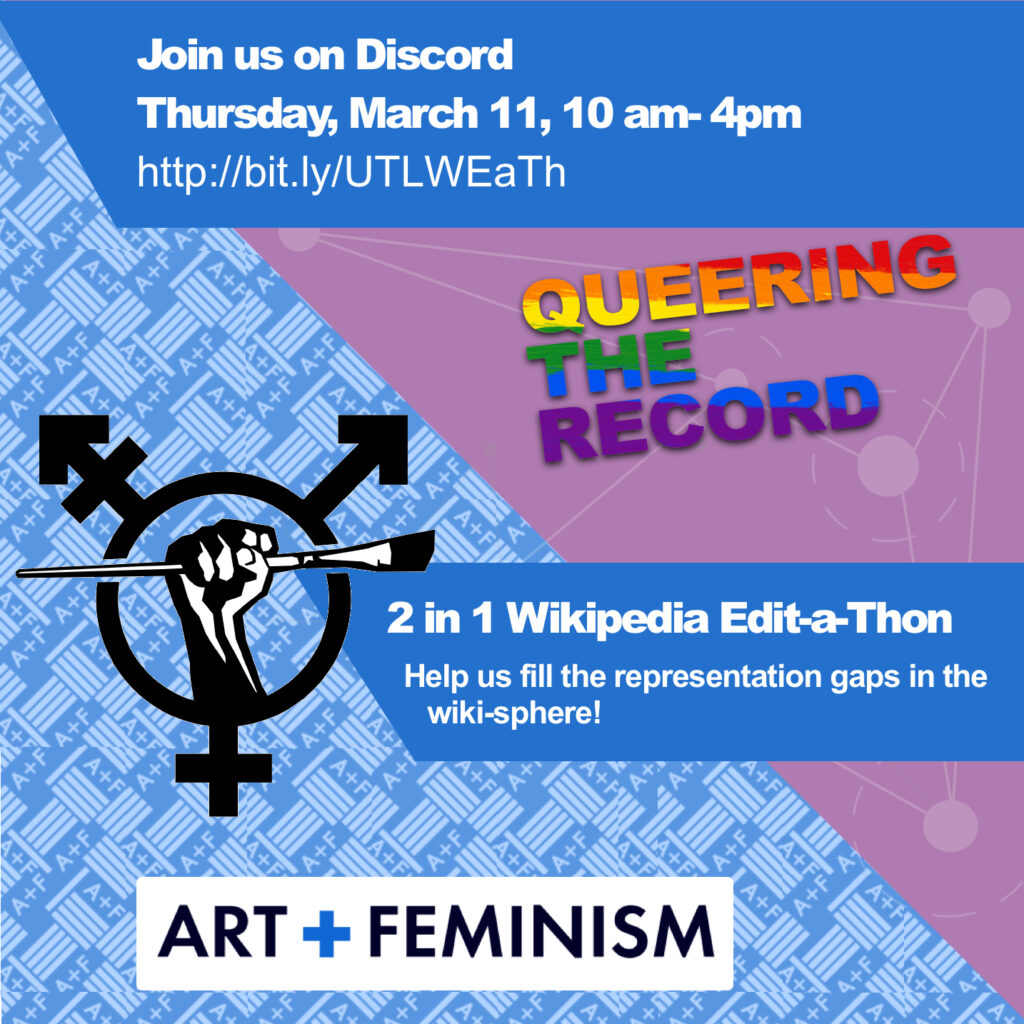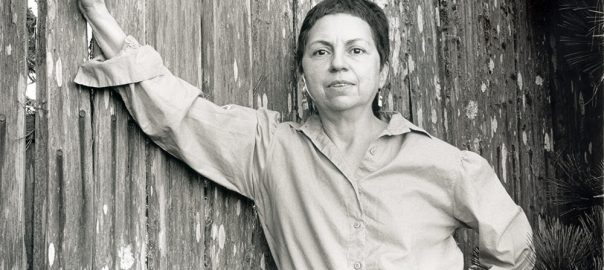The “sum of all human knowledge”?
We’ve all seen it: “This article is a stub. You can help Wikipedia by expanding it.” Though it is the largest encyclopedia in existence—a project for which a stated goal is to “compile the sum of all human knowledge”—information gaps abound on Wikipedia. And, after twenty years of providing the world with open-source information, Wikipedia’s representation problem, in both contributors and content, has been well documented.
Most recent estimates place the proportion of contributors who are cis men at or above 80%. As of this February, the gender demographics of the site’s biographies is roughly the same: only 18.7% of the English language entries are about women. The racial demographics of editors is more opaque: it’s widely accepted that editors are overwhelmingly white, however few studies propose any numerical estimates as to how white contributors skew. At 65 references, the entry for the history of Maine is over four times longer than that of the entire country of Botswana—just one example among millions of the site’s racial and geographic bias.
In response, many angered at their communities’ exclusion from the “sum of human knowledge” have recognized that dedicating time & space (whether cyber or physical) to demystifying the Wikipedia editing process is critical in reaching what Wikimedia Foundation CEO Katherine Maher calls “knowledge equity.” Groups like Women in Red, Black Lunch Table, Art+Feminism, and AfroCROWD help users navigate editing standards that require verification from sources that have historically favored white men as well as provide space for editors from marginalized communities to connect with one another through meet-ups and edit-a-thons. Museums, libraries, schools, and other community groups worldwide now host dozens of edit-a-thons per week focused on improving existing articles and creating new ones to fill Wikipedia’s content gaps.
Edit-a-thons at UT Libraries
For the past few years, UT Libraries has hosted two edit-a-thons—Queering the Record and Art+Feminism—both aiming to expand the information available on Wikipedia related to queer, trans, and feminist topics. Though Art+Feminism is part of a worldwide series of edit-a-thons, Queering the Record is a homegrown effort. What started as a collaboration between the hosts (Kathy Tu & Tobin Low) of WNYC’s podcast Nancy, UT Humanities Librarian Gina Bastone, and UT’s iSchool Pride as a lead-up to Nancy’s 2018 SXSW even now approaches its fourth year as a UTL staple event.
With the COVID-induced shift to virtual learning, this year’s events will look a little different: instead of two separate (and in person) edit-a-thons, we’ve decided to combine them into a one-day virtual event. We know the UTL community is pretty Zoomed out, so we’ll be hosting on Discord. Join us for one or both edit-a-thons anytime between 10 a.m. and 4 p.m. on Thursday March 11th! No previous Wikipedia editing experience is necessary—librarians will be there to guide through each step of the process.
Hold up! Don’t all librarians hate Wikipedia?
In short, no! In fact, many librarians recognize that libraries and Wikipedia share a similar goal: to provide open access to diverse range of knowledge. We’ve likely all heard the phrase “just anyone can edit it” to caution against using the site as a source for a research paper. However, if “just anyone” can edit, that means students, professors, and librarians—all for whom research is a profession—can edit articles, too. As #1Lib1Ref (a campaign encouraging librarians to add citations to Wikipedia entries) says, “in a digital environment that spreads #fakenews, and allows major languages and cultural voices to dominate, building a more diverse, more dynamic knowledge commons for the future requires the collaboration of librarians, Wikimedians and knowledge seekers around the world.” At UT Libraries, we know that with both access to millions of credible sources and a solid research skill sets, our community is distinctively positioned to create, edit, and improve articles in the effort to work towards a Wikipedia that reflects us all.
![Rosie the Riveter poster with the phrase "We Can [edit]!" replacing "We Can Do It!"](https://hacklibschool.files.wordpress.com/2014/04/wecanedit.jpg)
Join us!
UT Libraries’ 4th annual Queering the Record and 3rd annual Art+Feminism 2-in-1 Virtual Edit-a-thon
Thursday March 11th, 10 a.m. to 4 p.m., via our Discord server: http://bit.ly/UTLWEaTh
No previous experience necessary to participate in one or both edit-a-thons.
Follow #UTLWEaTH21 to connect with librarians and other editors on social media!
Further Reading from UT Collections
- Adams, Julia, and Hannah Brückner. “Wikipedia, Sociology, and the Promise and Pitfalls of Big Data.” Big data & society 2, no. 2 (2015): 205395171561433–.
- Hill, Benjamin Mako, and Aaron Shaw. “The Wikipedia Gender Gap Revisited: Characterizing Survey Response Bias with Propensity Score Estimation.” PloS one 8, no. 6 (2013): e65782–e65782.
–by Elizabeth Gerberich, with contributions from Gina Bastone and Elle Covington


